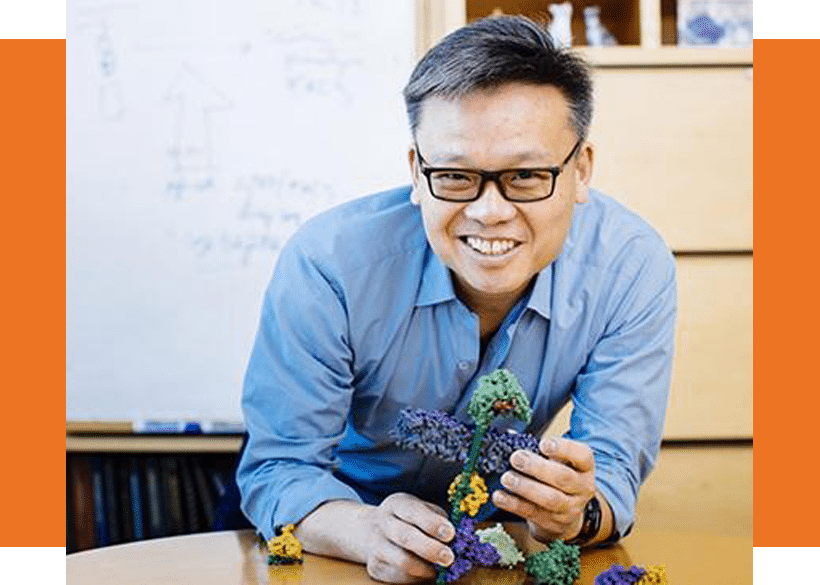
Cell Design Labs takes on key problems in cancer immunotherapeutics and wins big with Gilead acquisition.
One of the great advances in cancer treatment has been the reprogramming of a cancer patient’s T-cells to get them to seek out and destroy the tumors. In a clinical trial of Novartis’ Kymriah of pediatric leukemia patients who’d exhausted all known treatments, 81% of the children treated experienced overall remission.
Unfortunately, T-cell therapies aren’t without serious risks. Occasionally patients will undergo severe, sometimes fatal, immune responses. This was the challenge that UCSF professor Wendell Lim and his colleagues set out to solve.
They developed a synthetic cellular activation circuit that could be turned on by benign oral molecules, like an antibiotic. This technology was then poised to solve this critical challenge for potential runaway immune responses T-cell therapies. Physicians could provide the T-cells to patients but they would be in an ‘off’ state until the patients received the oral activator. If problems started to emerge, physicians could simply turn the T-cells off by discontinuing the oral agent.
With funding from Kleiner Perkins, Two River, and Mission Bay Capital, Cell Design Labs’ amazing team launched operations at MBC BioLabs on November 15, 2015. The early team included Brian Atwood, CEO, Peter Emtage, and two scientists from Lim’s lab, Levi Rupp and Scott Coyle.
Our labs were perfect for their needs and they were able to start immediately without the usual time and distractions needed to get a full-scale lab up and running. In just 23 months, Gilead acquired Cell Design Labs in a deal that could be worth $576 million. We’re very proud to have played a supporting role in their huge success, but most importantly, we’re proud to have contributed to what may prove to be a huge leap forward in the safe treatment of cancer.
Congratulations to the Cell Design Labs team.
